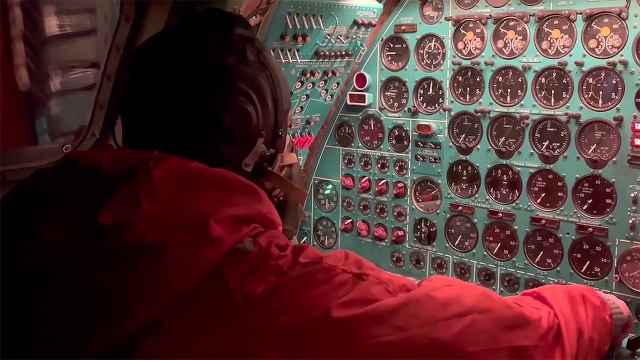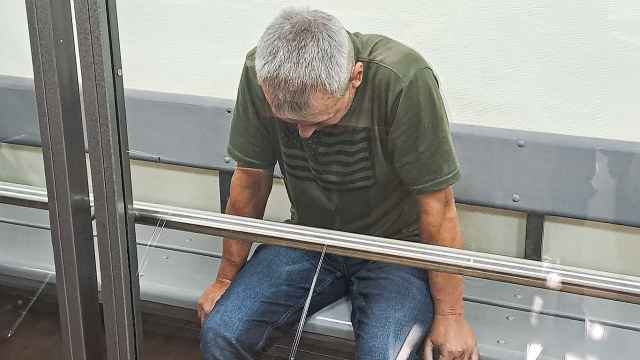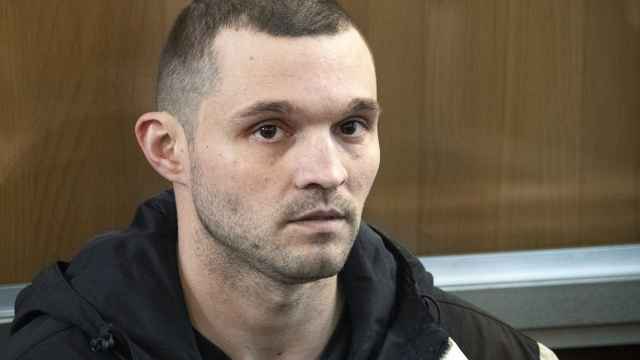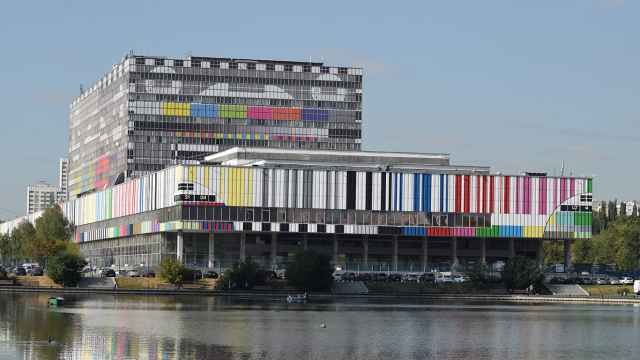Experts revamping the strategy for Russia's development to 2020 are proposing that drivers fork over up to 50,000 rubles ($1,725) more per year to help maintain road infrastructure — whose degradation cannot be prevented without public assistance.
The conclusion is that there should be fewer drivers, and they should be paying more. Experts advise that after 2020 the government should end toll collection and transportation taxes, and replace them with a unified levy.
The main problem is a chronic lack of investment, and the diagnosis: The mobility of the population is at the level of the horse-and-buggy age, and the deficit of transport services will continue to grow.
According to the report, if the situation doesn't change, road investment by 2020 will not exceed the current 2.2 percent to 2.5 percent of gross domestic product, of which 0.8 percent to 0.9 percent comes from the federal budget. In this case, the sector will at best develop based only on its own inertia, with the only developing parts being those that collect fees.
Inertial development, with elements of modernization, is optimal for rail, air, sea and river transportation, experts have determined. But the road infrastructure needs "intense modernization," which means that investment has to grow to between 4 percent and 4.5 percent of GDP by 2020, with drivers shouldering most of the burden.
Now drivers pay for road infrastructure via transportation and fuel excise taxes. The current burden on the population as a whole is not clear, but the increase has been calculated to equal 20,000 rubles for the average citizen, and as much as 45,000 to 50,000 rubles for residents of major cities.
The primary source of funds will be from an increase in fuel excise tax — by 2015 it should grow 7 to 8 rubles per liter, said Mikhail Blinkin, head of the expert group and scientific director of the research institute for transportation and road infrastructure. Currently, the tax code foresees a one ruble increase in 2012 and the same the following year. In order to compensate for increasing fuel prices, experts propose stricter anti-monopoly regulation and that oil companies increase the effectiveness of their refining operations.
"They won't increase the transportation tax. It would be too unpopular a measure," Blinkin said. The experts propose additional payments. Car owners, especially those in major cities, should pay for parking. Beginning in 2012, the parking situation in the country will change radically thanks to amendments to road safety laws that will allow cities and municipalities to decide if drivers should pay for parking.
"Maybe somebody will decide to use the metro," Blinkin said.
Beyond 2020, the proposal is to introduce a single unified tax based on kilometers traveled. It will be calculated based on GPS tracking data, and depend on the type of road, characteristics of the vehicle and its owner. Then it will be possible to eliminate toll collection for roads.
But besides car lovers — who can choose not to use their vehicles — there are taxi drivers and truck drivers, who cannot just start using public transportation, said Vyacheslav Lisakov, head of the Free Choice drivers' movement. For them, an increase in financial burden can affect their very survival.
A Message from The Moscow Times:
Dear readers,
We are facing unprecedented challenges. Russia's Prosecutor General's Office has designated The Moscow Times as an "undesirable" organization, criminalizing our work and putting our staff at risk of prosecution. This follows our earlier unjust labeling as a "foreign agent."
These actions are direct attempts to silence independent journalism in Russia. The authorities claim our work "discredits the decisions of the Russian leadership." We see things differently: we strive to provide accurate, unbiased reporting on Russia.
We, the journalists of The Moscow Times, refuse to be silenced. But to continue our work, we need your help.
Your support, no matter how small, makes a world of difference. If you can, please support us monthly starting from just $2. It's quick to set up, and every contribution makes a significant impact.
By supporting The Moscow Times, you're defending open, independent journalism in the face of repression. Thank you for standing with us.
Remind me later.





